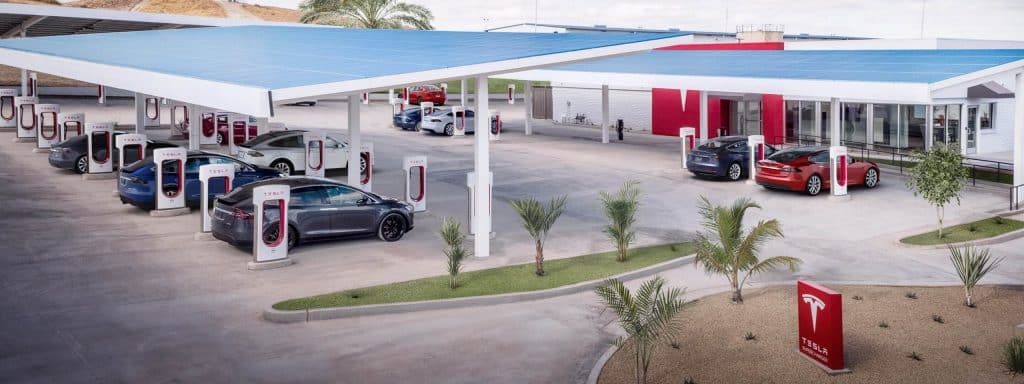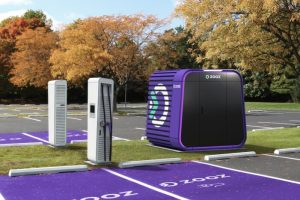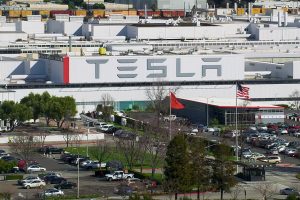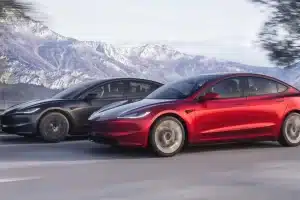Senator Joe Manchin of West Virginia has been visibly and vocally skeptical of the electric vehicle movement, especially as he failed to support President Biden’s “Build Back Better” plan that would increase EV infrastructure. However, Sen. Manchin, a conservative Democrat, said he was skeptical of EVs for several reasons, including foreign dependency. However, Munchin said at a conference on Friday that he was still reluctant of EVs because he didn’t “want to have to be standing in line waiting for a battery.”
“I’m very reluctant to go down the path of electric vehicles,” Manchin said last week at a global energy conference held by S&P Global, according to Business Insider. “I’m old enough to remember standing in line in 1974 trying to buy gas. I remember those days. I don’t want to have to be standing in line waiting for a battery for my vehicle because we’re now dependent on a foreign supply chain – mostly China.”

It is unclear if Sen. Manchin referred to wait times at electric vehicle charging stations or wait times for an electric vehicle order to be fulfilled and delivered to a customer. Either way, these instances are common in gas-powered vehicles’ ownership experience, especially in 2022. Wait times at gas pumps are common during high-travel times, and while gas stations are more common than EV charging stations, there are still the occasional waits at petrol pumps.
Additionally, wait times for electric vehicles may be increasing due to demand spikes. However, gas-powered cars are also subject to intense and prolonged wait times for delivery. Last year was especially relevant to this issue as semiconductor and chip shortages halted many automakers from completing vehicle manufacturing. Ford suffered a 27 percent decrease in sales in Q3 2021 due to the shortage, according to the New York Times.
Understandably, Munchin wants to relieve the U.S. supply chain of foreign dependency. However, U.S.-based battery manufacturing projects are becoming more popular, and automakers are working toward developing materials contracts with domestic companies. In one example, Tesla signed a nickel supply deal with Talon Metals, a Minnesota-based company, in January.
Still, the Senator has his skepticism for the Biden Build Back Better plan. He reiterated the House-approved plan is essentially dead in the water as it lacks his support. While some politicians attempted to sway Manchin to support the bill as it offered massive incentives for domestically-produced chips and batteries, his focus for the bill remained on prescription drug costs, among other issues, which included climate spending.
“The reason I had concerns from day one is that we shouldn’t be doing that much policy. Reconciliation was never designed for us to do policy,” Munchin added.





